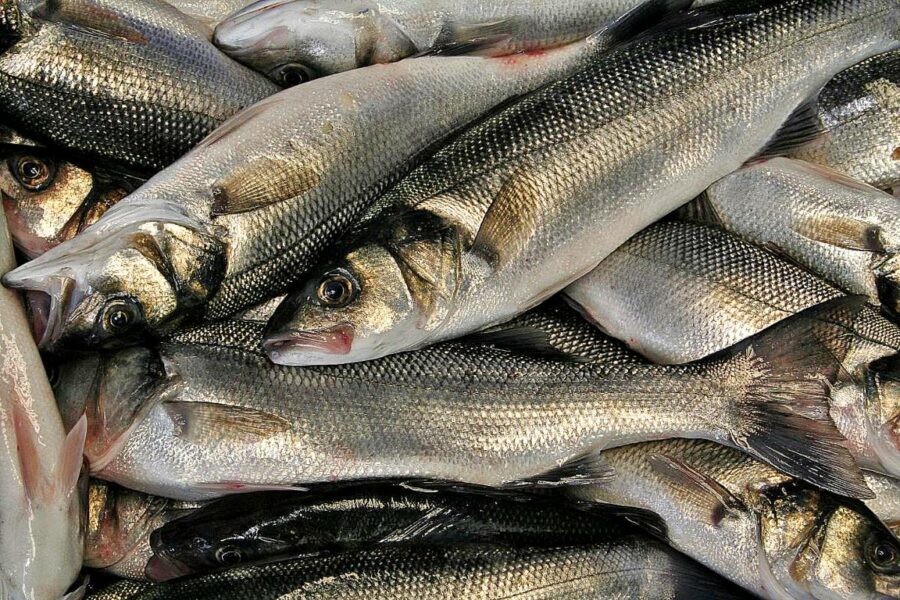The Scottish Fishermen’s Federation has warned that ‘green politicking is becoming the driving force behind decision-making, rather than scientific fact and evidence’.
Chief executive Bertie Armstrong says there must be a new approach on MPAs so that decisions on their designation and management are ‘based on the science, rather than emotive argument as happened with some of the first tranche of MPAs on the west coast’.
Writing in the federation’s spring newsletter, Bertie Armstrong says: ‘The government of the day must meet its responsibilities to fishing communities, and look out for our welfare too. Indeed, in the past the most productive management decisions have always come when government and industry work together. This must be the mantra for the future.’
He says the fact that the ‘dignified demonstration’ held outside the Scottish Parliament was originally planned by the Clyde Fishermen’s Association, but attended by fishermen from throughout Scotland, ‘underlines the fact that the wider industry is extremely anxious about the implementation of new and revised MPAs’.
He said every single fisherman who gathered outside the Scottish Parliament was ‘a staunch advocate of conservation and long-term catch sustainability’.
‘Although faced with the risk of losing the only job they know, everything they have worked all their lives to achieve, and the possibility of long-term unemployment, the fishermen made their collective point in a measured manner, for which they should be congratulated,’ writes the SFF chief executive.
‘There is little doubt that a continual lack of factual evidence and general transparency are the fundamental reasons why the industry remains extremely concerned at the manner in which the Scottish Government latterly handled the MPA proposals.
‘Their main concern is directly related to Cabinet Secretary Richard Lochhead’s MPA management decisions at the end of a four-year selection and designation process. Crucially, the Scottish Government’s own Statutory Nature Adviser (SNH) had, for each MPA, made recommendations of preferred options, which would meet the conservation objectives and take account of the Cabinet Secretary’s other statutory obligation – the principle of sustainable use.
‘The Cabinet Secretary departed from these options in a number of cases, perhaps most controversially in the South Arran MPA. We are now left with the statutory nature adviser’s preferred options badly overreached. These preferred options, from four years of consultations, would have delivered both the conservation and sustainable use responsibilities resting with the minister.
‘A real opportunity to have the industry fully behind a rational set of measures, which could be presented on the international stage as cross stakeholder backing for Scotland’s world-class seafood has been trashed.’
‘At a time when final decisions are still to be taken on the format of other MPAs, steps need to be taken with the utmost urgency to ensure that lessons are learned in order to promote the re-engagement of all stakeholders and the re-establishment of lines of communication and trust.’
Read more News stories here








